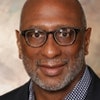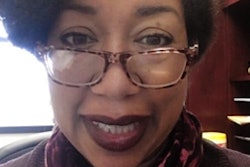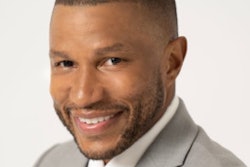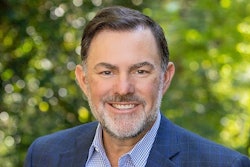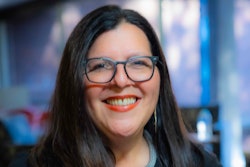Though the phraseology of diversity, equity, and inclusion was not expressly used in the way that it currently is during Dr. Martin Luther King Jr.'s lifetime, I contend that King's life and work were, in large part, about the ideals of diversity, equity, and inclusion.
King’s work was about diversity:
 Dr. Marcus Bright
Dr. Marcus Bright
Throughout the Civil Rights Movement, individuals from various racial and ethnic backgrounds played crucial roles in supporting and participating in the SCLC's efforts. These individuals served as organizers, advisors, fundraisers, marchers, and used their knowledge, skills, and positions of influence to advance the cause. Their involvement helped to leverage collective strength and broaden the impact of the movement.
One of the significant achievements of the Civil Rights Movement was the dismantling of racial segregation in various areas of life, such as schools, parks, lunch counters, theaters, and public transportation. By breaking down these barriers, the movement created opportunities for people from diverse backgrounds to come together, live, work, and play in integrated spaces. This has helped to foster an increased level of understanding and collaboration among individuals from different races and ethnicities.
King’s work was about equity:
King’s work extended into the struggle for economic equity. He recognized that achieving true equality required intentional efforts to address the specific harms inflicted upon black people throughout the history of the United States. While advocating for equal access to opportunities, he also emphasized the need for justice in the form of compensation for the centuries of harm endured by black communities.




